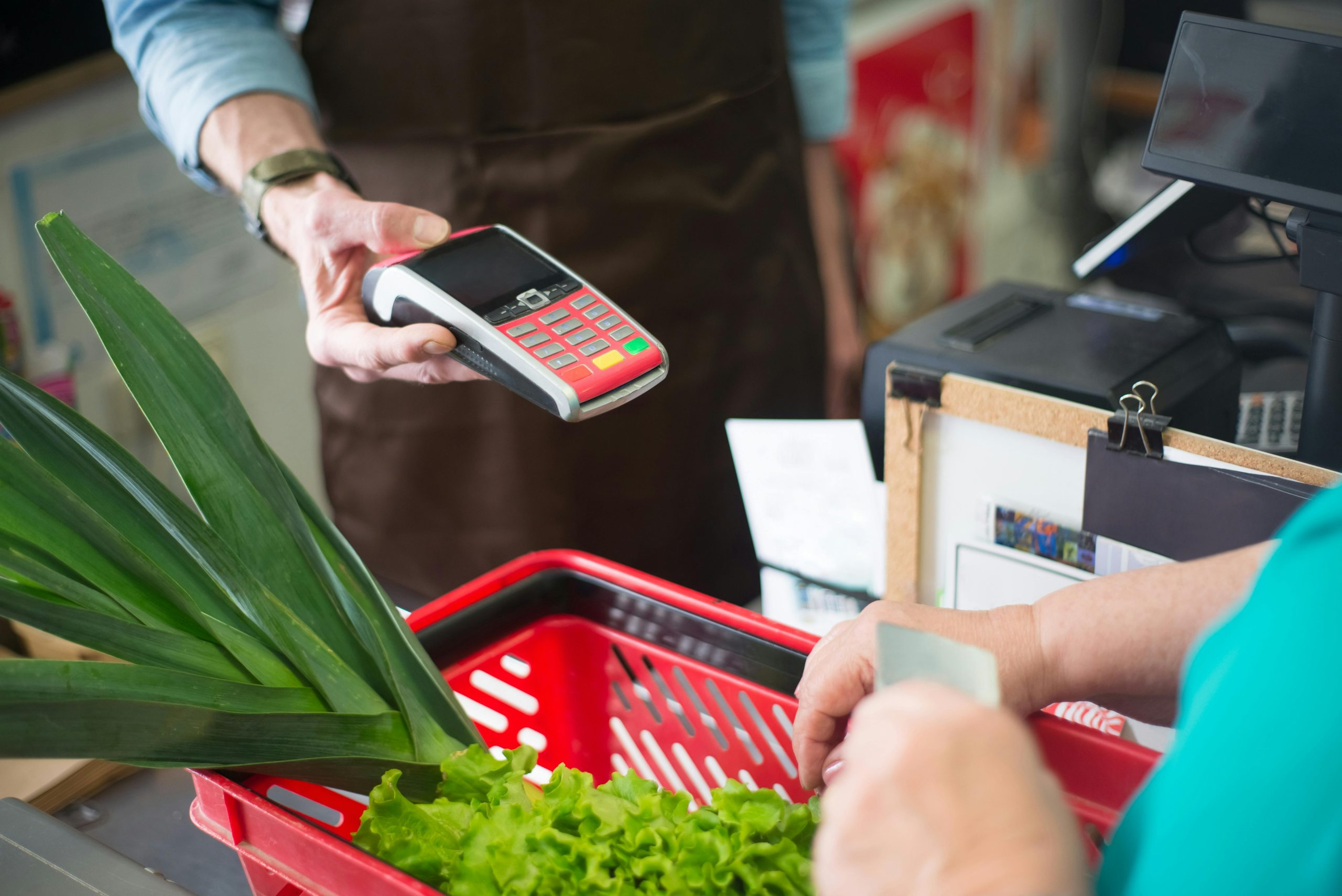Shopping for Experiences Instead of Things
In today’s fast-paced consumer society, we are often bombarded with advertisements and marketing campaigns convincing us to buy the latest and greatest products. We are constantly encouraged to upgrade, replace, and accumulate more and more possessions. However, there is a growing shift towards a more fulfilling and meaningful way of living – shopping for experiences instead of things. Instead of buying material goods, people are now prioritizing experiences and making memories. Let’s explore the benefits and reasons behind this trend.
The Importance of Experiences
Creating Lasting Memories
Experiences are events or activities that happen to us, leaving us with memories that can last a lifetime. These memories hold a special place in our hearts and minds, and they often become our most cherished possessions. The joy and happiness we feel during these experiences are far more valuable and memorable than any material item we could ever buy.
Adding Value to Life
Experiences give us a sense of fulfillment and purpose that material things cannot provide. Research shows that people who regularly engage in experiences are happier, have better relationships, and are more satisfied with their lives. A study published in the Journal of Positive Psychology found that experiences provide more lasting happiness than material possessions because they become a part of our identity and shape who we are.
Promoting Personal Growth and Learning
Shopping for experiences allows us to step out of our comfort zones and try new things. It can be as simple as trying a new cuisine or as challenging as bungee jumping. These experiences expose us to new cultures, ideas, and perspectives, and in turn, promote personal growth and learning. We gain knowledge, develop new skills, and broaden our horizons, all of which contribute to our personal development and well-being.
The Negative Effects of Materialism
Consumerism and Environmental Impact
In today’s materialistic world, consumption is seen as a measure of success and worth. This mindset leads us to accumulate more and more possessions, often beyond our needs, contributing to the consumer culture. The mass production of goods has a significant impact on the environment, from the depletion of natural resources to pollution and waste. By prioritizing experiences over material possessions, we can reduce our environmental footprint and contribute to a more sustainable future.
The Never-Ending Cycle of Wanting More
Material possessions are often seen as a symbol of success and happiness, leading us to believe that the more we have, the happier we will be. However, numerous studies have shown that materialism is linked to a decrease in well-being and an increase in negative emotions such as envy, anxiety, and depression. The more we focus on acquiring material goods, the less satisfied we become with what we have, creating a never-ending cycle of wanting more.
Focusing on the Present
One of the biggest downsides of materialism is that it keeps us focused on the future instead of the present. We are constantly chasing the next best thing and forgetting to enjoy the present moment. By prioritizing experiences, we shift our focus to the present, savoring every moment and making the most out of life.
Conclusion
Shopping for experiences instead of things has numerous benefits, both for our personal well-being and for the world around us. While material possessions may provide temporary happiness, experiences offer lasting memories and a sense of fulfillment that cannot be bought. In a world that constantly tells us to buy more, let’s take a step back and shift our priorities to the things that truly matter – creating meaningful and unforgettable experiences that make life worth living.











